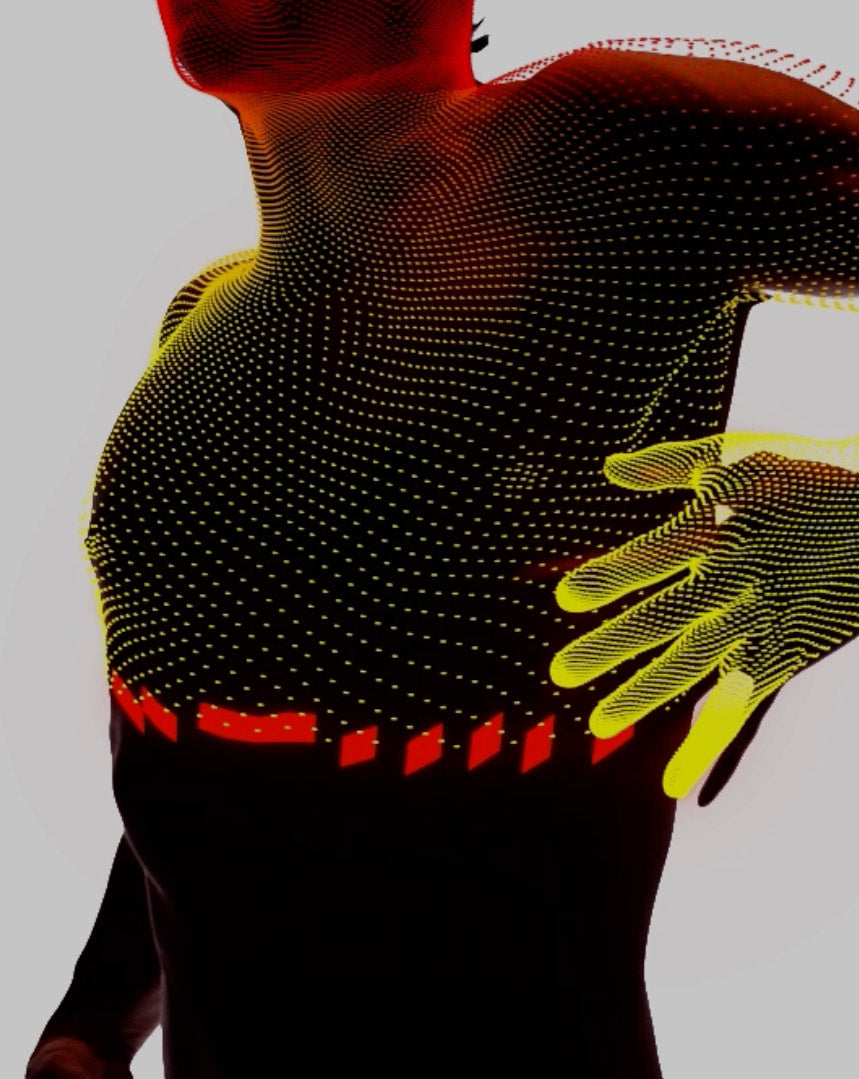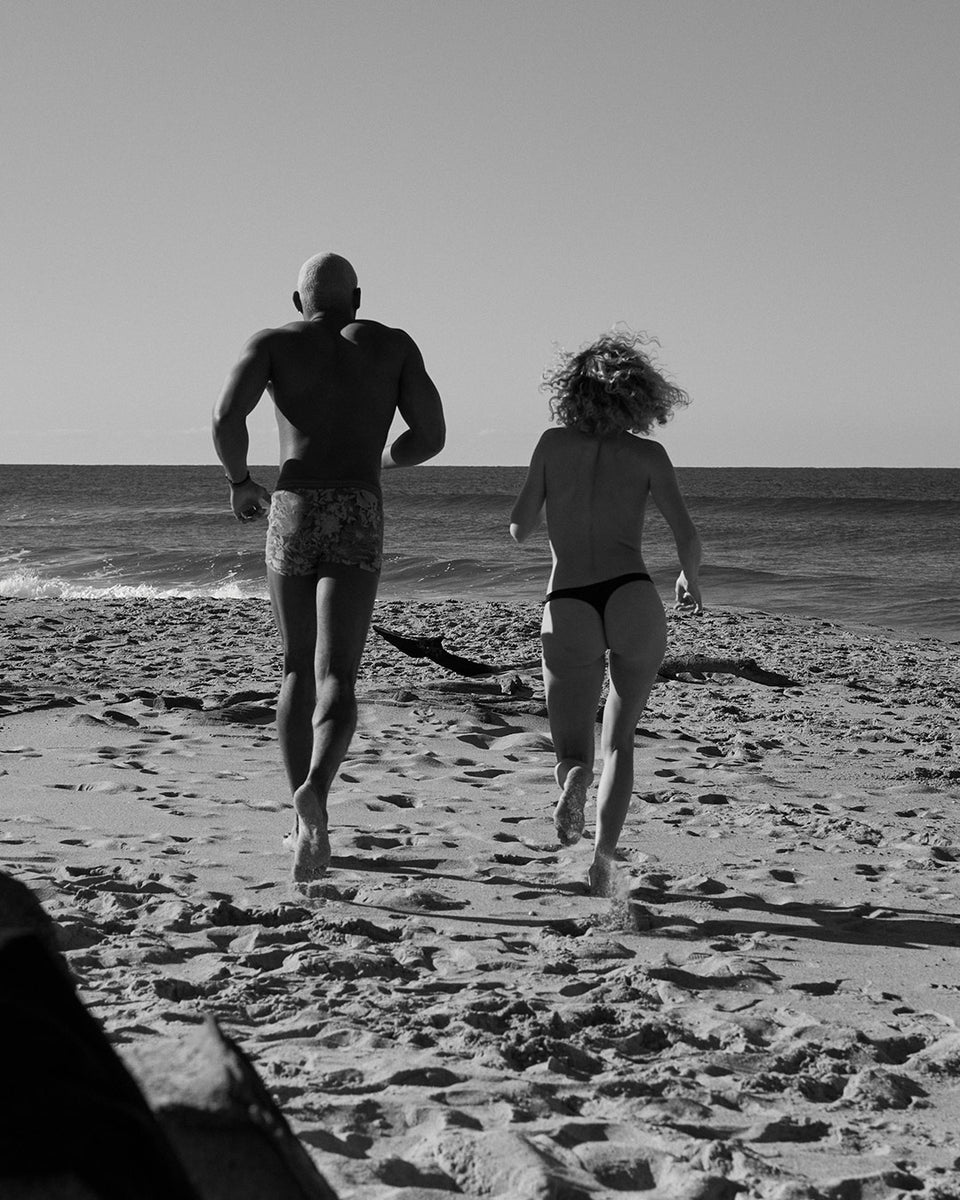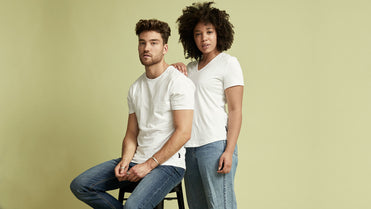“A new report from the environmental advocacy organization Stand.earth reveals how 47 of the largest fashion companies are actively accelerating climate change by emitting greenhouse gases throughout their supply chains.” - Elizabeth Segran (FastCompany)
This month, FastCompany published an article titled 'there's no such thing as sustainable fashion'. That’s a big title with some equally big (and sad) truths behind it based on data from a Stand.earth report. The environmental advocacy organisation found that 47 of the largest fashion brands are “actively accelerating climate change”. And yes, that includes your fave so-called ‘sustainable’ brands like Patagonia. Ouch.
So how can these brands that are thought of as sustainability leaders be failing to protect us from the horrors of the climate crisis? How can even famed 'eco' brands like AllBirds and Eileen Fisher get D grades in Stand.earth's rankings? And does that make all their slogans a sham of nothing more than empty promises?
It’s the carbon, stupid.

“Not a single company is on track to halve its emissions by 2030, the target necessary to limit global warming to 1.5 degrees Celsius and avert the most devastating effects of a hotter planet.” - Elizabeth Segran (FastCompany)

According to Stand.earth, 80% of a fashion company's emissions come from their manufacturing plants. Yet we never really hear brands talking about their manufacturing emissions. It’s more ‘recycled this’ and ‘organic that’ – both super important but also sometimes used to distract from this big, hidden problem.
Hearing all of this, you might think, ‘okay, but there are big brands that address all their emissions’.
You’d be forgiven for thinking that given that the report also found plenty of brands waving the 'climate neutral' or 'climate positive' flags. But these same brands don’t talk about their supply chains, just their own operations. The reality is that 99.9% of fashion brands do not own their factories, and so believe they can get away with wilfully ignoring their biggest emissions contributions as someone else’s problem, often in a distant land.
TL;DR the places where clothes are being made are still releasing heaps of carbon into the atmosphere, and we're being misled by the brands commissioning that production into thinking it’s not a problem when overproduction is actually the biggest problem in the industry.
This deception happens because when brands talk about being climate neutral or positive, they’re often referencing the fact that their stores and offices run on renewable energy, that they offset emissions involved in the production of their materials, stuff like that. And while that’s important, it doesn't matter so much as the emissions from their manufacturers do – because this is where the bulk of their negative impact lies.
Out of sight. Out of mind.

“The problem is that around 80% of a fashion company’s emissions come from their manufacturing plants; another 10% comes from shipping.” - Muhannad Malas, Stand.earth
In other words, brands need to be held responsible for what goes on across their entire supply chain, not just what's easy or useful for their PR team.
As mentioned above, most brands don't own their factories which certainly makes things harder, but that’s no excuse. Big brands have the biggest responsibility when it comes to dealing with their manufacturers, because they have real power to sway the way their suppliers work, given how much money they provide. But smaller brands can and must get involved too – by working together with other brands, by thinking outside the box.
The FastCompany article suggests that the reason that this big fashion pollution problem isn't being addressed is because 'fashion brands are only focussed on the actions they want us to see'.
This rang true when during the recent Climate Week, we saw major fast fashion brands tell us about their supposedly massive sustainability goals. Primark made headlines for ‘going 100% sustainable’ even though they're one of the biggest, nastiest and cheapest fast fashion brands out there.
But we’re calling it like it is, this is total crap.
Fast fashion is simply incompatible with sustainability.

“Part of the reason the fashion industry emits so much is that brands manufacture enormous volumes of clothes, which they sell at cheap prices.” - Elizabeth Segran (FastCompany)
Primark has pledged that all its products made by 2030 will be made from recycled or sustainably sourced materials. Notwithstanding that 2030 is already too late, if Primark lives up to that, they still won’t be addressing 80% of their emissions – that little manufacturing niggle again – and they also won’t have moved away from their support of Big Oil (think recycled synthetics made in production facilities that are also run on fossil fuels), something Stand.earth says brands absolutely need to do, ASAP.
But Primark, and other brands with ‘conscious collections’ and ‘sustainable lines’ don’t care. Their claims help to sell massive amounts of product. It doesn’t matter to them that, as our co-founder Zoltan says, “all the recycled polyester in the world doesn’t change the fact that ⅓ of clothes made annually go to landfill UNSOLD. Really.”
Because to fast fashion brands, all that matters is money. And for that to come rolling in, all that matters is what the (over)consuming public sees and thinks. An 'out of sight, out of mind' strategy might sell, but it won't solve the climate crisis.
We’re putting sustainability before sale-ability at Citizen Wolf

In light of this, we want to make sure we keep talking about things that aren't super sexy or 'sale-able', because these things are still incredibly important. We hope that while we clothe you in a more sustainable way, we can also learn and share with you as we continue to do better.
Our mission here at Citizen Wolf is to re-engineer the way clothes are made at scale, to save our planet. This is how we do it:
- We make only what we sell → made to order is the only truly sustainable clothing
- We create 48% less carbon per garment than the fast fashion equivalent
- Our Magic Fit® technology guarantees perfect fit → more wear = less consumption
- Free repairs for life → because the most sustainable clothes are ones we already own
- Our factory is Zero Waste → 100% of our fabric scraps are recycled
- We only use certified natural fibres → organic cotton, hemp and pure merino wool
- No microplastics → we never use petro yarns
- We own the factory → visit us in St Peters








